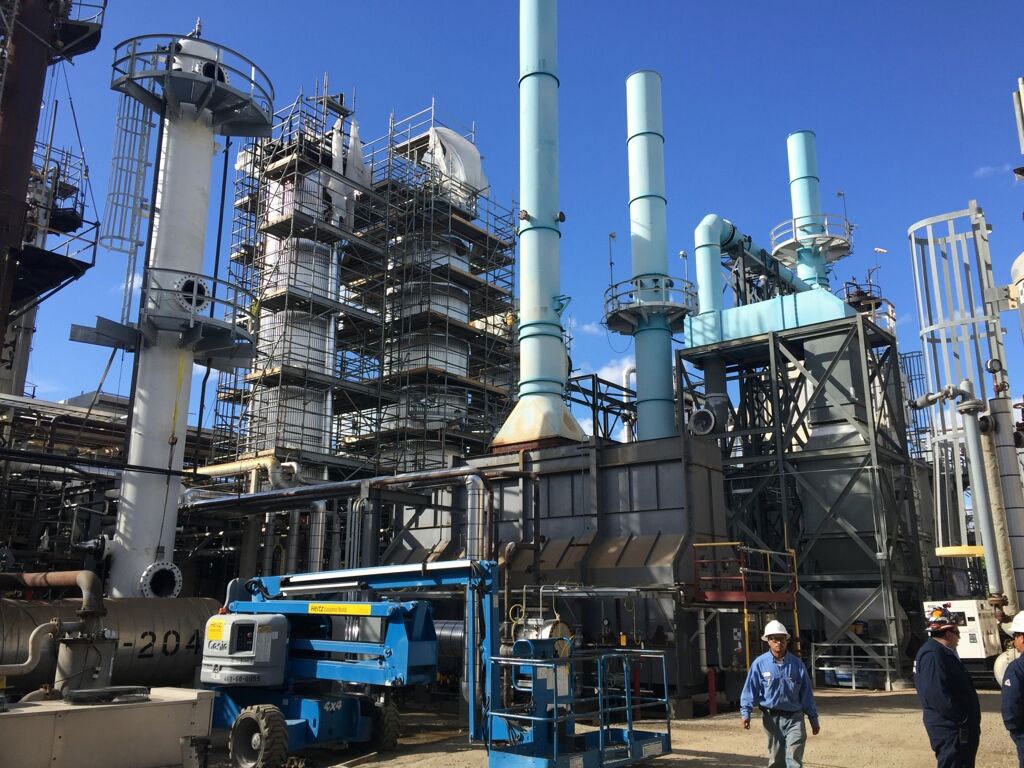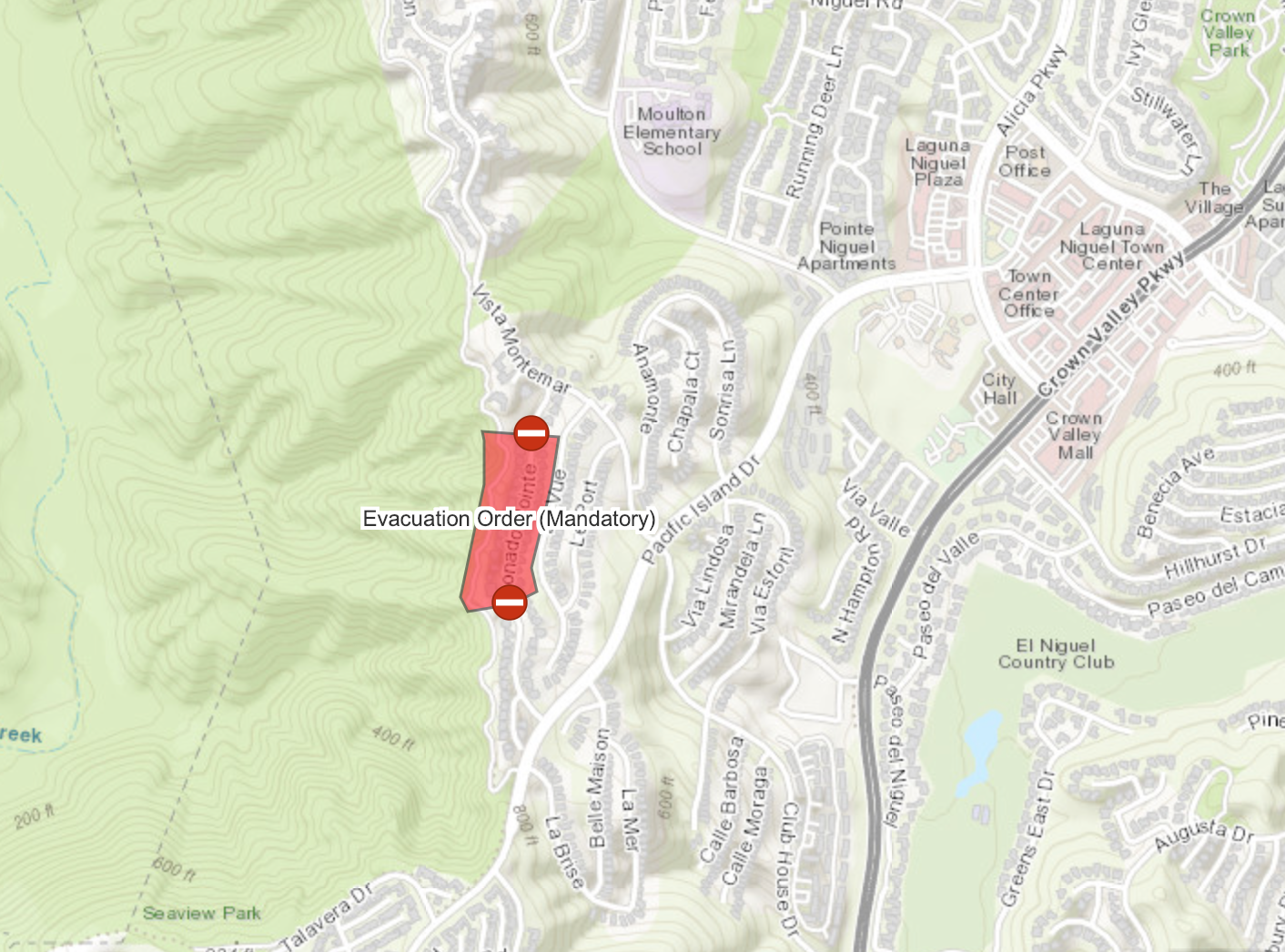More than 8,100 new COVID-19 infections were logged over the past three days in Los Angeles County, again pushing up the average daily number of new infections, but virus-related deaths remain low and hospitalizations are relatively steady, health officials said Monday.
The county registered 3,489 new cases on Saturday, 2,707 on Sunday and 1,941 Monday, for a total of 8,137. The county no longer releases case numbers on weekends.
The new cases gave the county a cumulative total from throughout the pandemic of 2,915,694.
According to the Department of Public Health, the average daily number of new cases being reported in the last seven days was 2,944, up from 1,074 a month ago. The sharp rise in infections has been blamed primarily on the infectious BA.2 subvariant of the virus. BA.2 is an offshoot of the Omicron variant that fueled a winter surge in cases.
Los Angeles County is also seeing a rise in cases attributed to the BA.2.12.1 offshoot of BA.2. That offshoot represented about 12% of local cases that underwent specialized testing to identify variants during the week that ended April 23, according to the county.
Although cases have been rising steadily for weeks, the number of virus-positive patients in county hospitals has held relatively steady. But those numbers have ticked upward over the past week, again topping 300 over the weekend, but they were still far below the 8,000 patients logged during the winter surge.
As of Monday, there were 312 virus-positive patients in county hospitals, down from 318 on Sunday. Of those patients, 44 were being treated in intensive care, up from 37 a day earlier.
The county reported 15 deaths over the three-day period that ended Monday, raising the local virus-related death toll to 32,037. Over the past week, the county has averaged six deaths per day, down from 11 per day a month ago.
Health officials have pointed to a variety of factors for the lack of sharp increases in hospitalizations and deaths in the face of rising COVID numbers. Most notably, they cite the large number of people vaccinated against the virus, along with the number of previously infected people who maintain a level of immunity. The availability of medications designed to lessen the impact of infections is also believed to be a factor.
County Public Health Director Barbara Ferrer continued to warn, however, that even though hospitalizations and deaths have not risen sharply, continued spread of the virus could lead to more infectious and dangerous variants.
“With the proliferation of highly infectious sub-lineages of Omicron, it is easier for infected individuals to unknowingly pass along the virus, resulting in many of us experiencing more spread associated with our gatherings and travel,” Ferrer said in a statement Monday. “And while it is reassuring to note the relatively low rates of hospitalizations and deaths, getting infected for many is still very risky and something to be avoided wherever possible. As has been true throughout the pandemic, keeping others safe often requires that many of us align with sensible safety measures.
“For those who aren’t particularly concerned about their own health or that of their family members, we ask that you please be mindful of the cumulative risks faced by many in the workforce, at our schools, and in congregate living facilities. With good access to many tools that help us layer in protection for those most vulnerable, we hope that more individuals will take the step of putting back on well-fitting, high filtration masks when using public transit and in transportation hubs, indoor spaces at schools and congregate living facilities, and when inside stores and workplaces. This would give us a chance at slowing down spread while we continue to increase the numbers of residents and workers up to date with their vaccinations since vaccines give us the most protection from severe illness and death.”







